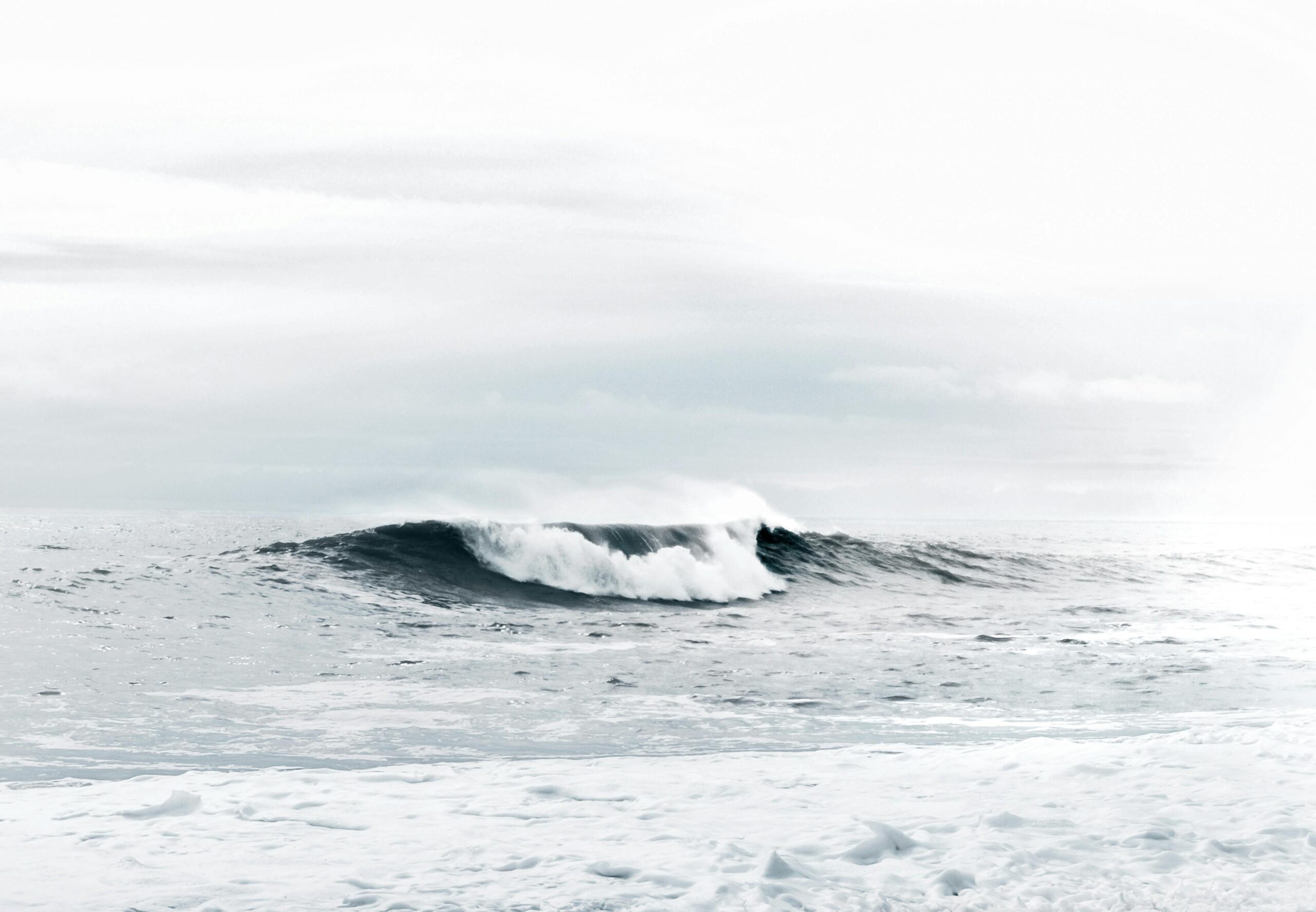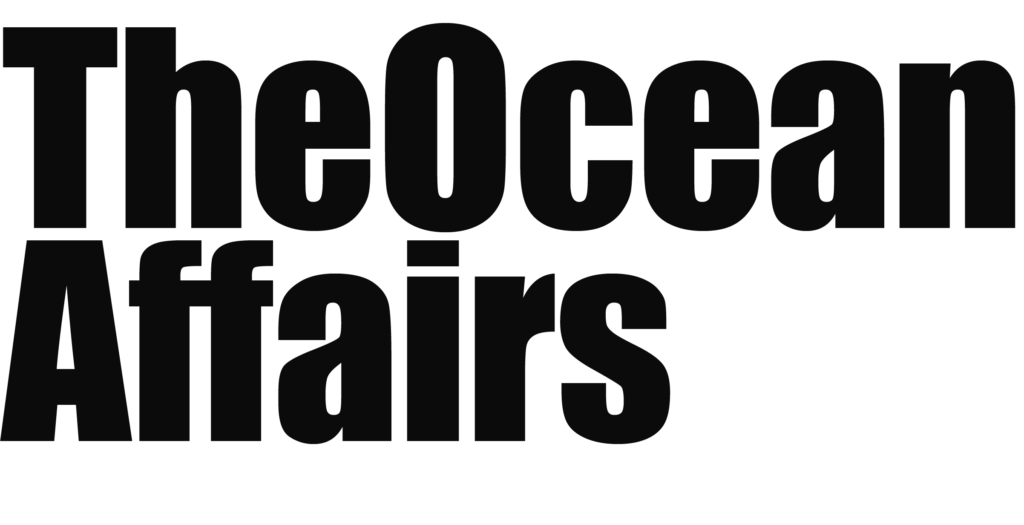
Italy, with its strategic position in the Mediterranean and its rich historical legacy, plays a unique role in international relations today. To understand Italy’s place in the global arena, we can analyze it through the lens of Kenneth Waltz’s Neorealism and the geopolitical framework of Alfred Mahan. These perspectives provide insights into Italy’s strategic behavior, its influence within Europe, and its broader interactions on the global stage.
Neorealism and Italy’s International Relations
Kenneth Waltz’s Neorealism, also known as structural realism, emphasizes the anarchic nature of the international system, where states are the primary actors seeking to ensure their own survival. This theoretical framework suggests that states are primarily concerned with power and security, making strategic decisions based on the distribution of capabilities within the international system.
Italy’s Position in the International System
From a Neorealist perspective, Italy is considered a middle power within the international system. It does not possess the same level of influence as great powers like the United States, China, or Russia, but it plays a significant role within Europe and the Mediterranean region. Italy’s membership in key international organizations such as the European Union (EU), the North Atlantic Treaty Organization (NATO), and the United Nations (UN) enhances its strategic position, allowing it to exert influence through multilateral frameworks.
Italy’s primary concerns revolve around maintaining its security, enhancing its economic stability, and leveraging its geopolitical position to influence European and Mediterranean politics. As a member of the EU, Italy participates in shaping policies related to trade, security, and immigration, working to align these policies with its national interests.
Balancing Power within Europe
Within the European context, Italy plays a crucial role in balancing power dynamics. As one of the founding members of the EU, Italy advocates for deeper integration and cooperation among European states. It seeks to balance the influence of larger EU states such as Germany and France by building coalitions with other member states and supporting initiatives that promote economic and political cohesion.
Italy also addresses challenges related to security and migration. Its geographical location makes it a primary entry point for migrants crossing the Mediterranean. This presents both humanitarian challenges and security concerns, prompting Italy to engage in diplomatic efforts to manage migration flows while seeking greater support from EU partners.
Geopolitical Framework: Mahan’s Influence
Alfred Thayer Mahan, a naval strategist, emphasized the importance of sea power and maritime dominance in shaping global politics. His theories suggest that control over key maritime routes and naval strength are critical determinants of a nation’s geopolitical influence. Applying Mahan’s framework to Italy provides insights into the country’s strategic focus on the Mediterranean and its naval capabilities.
Italy’s Maritime Strategy
Italy’s geography, with its extensive coastline and proximity to key maritime routes in the Mediterranean, aligns with Mahan’s emphasis on sea power. The Mediterranean Sea serves as a crucial corridor for trade and energy resources, making Italy’s ports vital hubs for commerce and transportation. The Italian Navy plays a key role in securing these maritime routes, contributing to regional stability and deterring potential threats.
Italy’s maritime strategy involves collaboration with regional partners to address security challenges such as piracy, smuggling, and human trafficking. By participating in multinational naval exercises and operations, Italy enhances its naval capabilities and reinforces its commitment to safeguarding maritime security in the Mediterranean.
Energy Security and Geopolitical Considerations
Mahan’s framework also highlights the significance of controlling resources. Italy’s energy security is closely tied to its geopolitical strategy. The country relies on imports for a significant portion of its energy needs, making diversification of energy sources a critical priority. Italy is involved in several pipeline projects and energy partnerships aimed at reducing dependence on any single supplier and ensuring a stable energy supply.
Italy’s involvement in the Southern Gas Corridor project, which aims to transport natural gas from the Caspian region to Europe, illustrates its efforts to enhance energy security while strengthening its geopolitical position. By supporting initiatives that promote energy diversification, Italy contributes to Europe’s overall energy resilience.
Italy’s Role in Global Challenges
Beyond its regional focus, Italy actively engages in addressing global challenges such as climate change, peacekeeping, and international development. As a participant in international climate agreements, Italy is committed to reducing carbon emissions and promoting sustainable development. Its engagement in peacekeeping missions and humanitarian efforts reflects its dedication to promoting global stability and security.
Italy’s involvement in the G20 and other international forums allows it to contribute to discussions on economic governance, trade, and development. By leveraging its diplomatic network and historical ties with various regions, Italy seeks to build partnerships that enhance its global influence.
Challenges and Opportunities
Italy faces several challenges that impact its role in international relations. Economic constraints, political instability, and demographic changes pose significant hurdles. The country must navigate these challenges while adapting to shifts in the global balance of power and emerging geopolitical dynamics.
However, Italy also has opportunities to strengthen its international position. By continuing to invest in its naval capabilities, fostering innovation and economic growth, and deepening its engagement with EU partners, Italy can enhance its influence within Europe and beyond.
Conclusion
Italy’s role in international relations today is shaped by both its strategic geographical position and its engagement in multilateral frameworks. Through the lens of Neorealism, Italy seeks to balance power dynamics within Europe and address security challenges in the Mediterranean. Meanwhile, Mahan’s geopolitical framework highlights the importance of Italy’s maritime strategy and energy security efforts.
By navigating these complex dynamics and leveraging its historical ties and diplomatic networks, Italy can continue to play a significant role in shaping regional and global politics. As the international system evolves, Italy’s adaptability and commitment to multilateralism will be key to maintaining its influence and promoting stability in an increasingly interconnected world.


One response to “The Role of Modern Italy in International Relations: A Neorealist and Geopolitical Perspective”
Hi, this is a comment.
To get started with moderating, editing, and deleting comments, please visit the Comments screen in the dashboard.
Commenter avatars come from Gravatar.